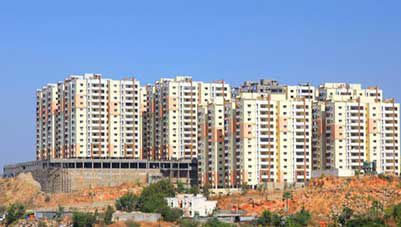The Non Creamy Layer (NCL) certificate is a crucial document for individuals belonging to the Other Backward Classes (OBC) category in India. It plays a significant role in ensuring social equity and providing access to government-backed opportunities like education, employment, and welfare schemes. Whether you are a student aiming for reserved seats in educational institutions or a job seeker exploring government positions, understanding the nuances of the Non Creamy Layer certificate is essential.
In this article, we will explore the meaning, eligibility criteria, benefits, and application process for the Non Creamy Layer certificate. Additionally, we will provide actionable tips to help you navigate the application process smoothly.















